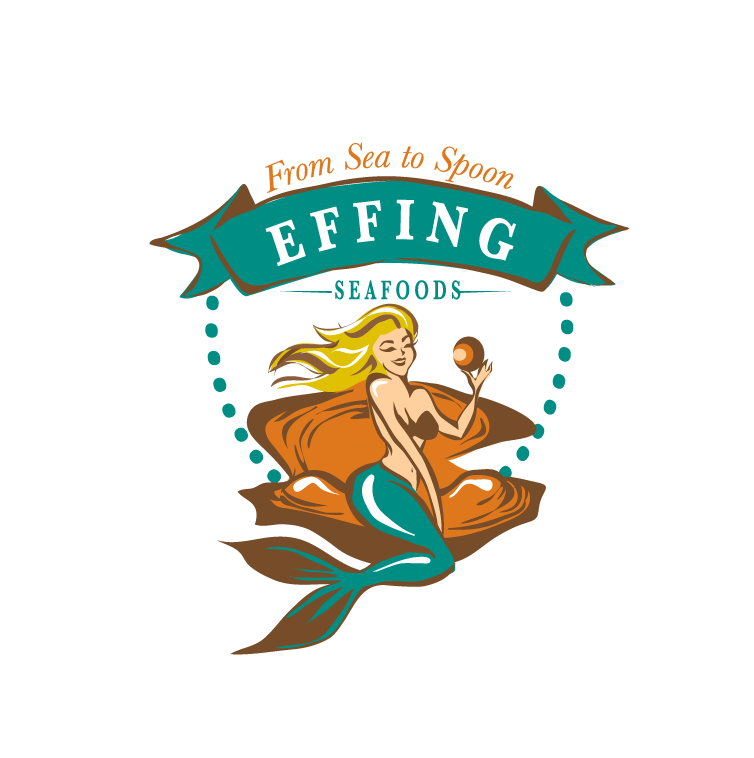Effing Farmed Fish Standard
Effing Seafoods believes that there are some great FARMED fish options out there that are very sustainable and great Effing Choices. There are definitely some choices out there that we won’t offer to our customers and Effing Rob always says that if he’s not willing to feed it to his family then he won’t offer it to you. FARMED FISH should not be a scary term and here are some reasons why Effing Seafoods has chosen to source some FARMED seafood.
Effing Rob grew up in a commercial fishing family, went to school for Fisheries and Aquaculture and was a shellfish farmer for eleven years. He feels that he has a great grasp of all sides of this debate and has become an advocate for EFFING FARMED FISH and has always said that he wants Effing Seafoods to be it’s own measure of sustainability. There are many out there but Effing Rob believes in leading the pack with his background of fishing, shellfish farming and education.
We NEED some options so that we can rely on every week and know that they will arrive consistently. When it comes to WILD options it’s hard to plan as we are at the mercy of Mother Nature, Seasons, Holidays and People. WILD is always our first choice but it is also important to understand what it takes to source WILD products. FARMED products are very consistent and we want to offer great fresh seafood every week.
Some of the parameters that we look at when creating the EFFING FARMED FISH STANDARD (EFFS) ARE:
- Food – This can be the most important factor when making a FARMED fish choice. If the fish are ingesting “soy, chemicals and crap” (Effing Rob’s choice of words) and then we are eating the fish we don’t want them full of un-naturel ingredients
- Farming Practices – Land based, Closed Containment and Open net pen systems are what we are looking at. Land based is best but not always an option. Closed Containment can be in the ocean but without the major effects of open net pens and lastly open net pens are most widely used. We try to avoid them when we can but if they meet our standards we will use them.
- Wild Stocks- How are they affected by the farming practices. We look for native species in native waters first and the impact of the farm on the wild populations.
- Location – Coastal Communities have lost many jobs due to reduced commercial fishing, logging and other natural resource harvesting over the last few decades and sustainable aquaculture can create so many jobs in these communities that need them badly.
If you have any other questions we encourage you to come visit and have a conversation with us to ease your mind.

